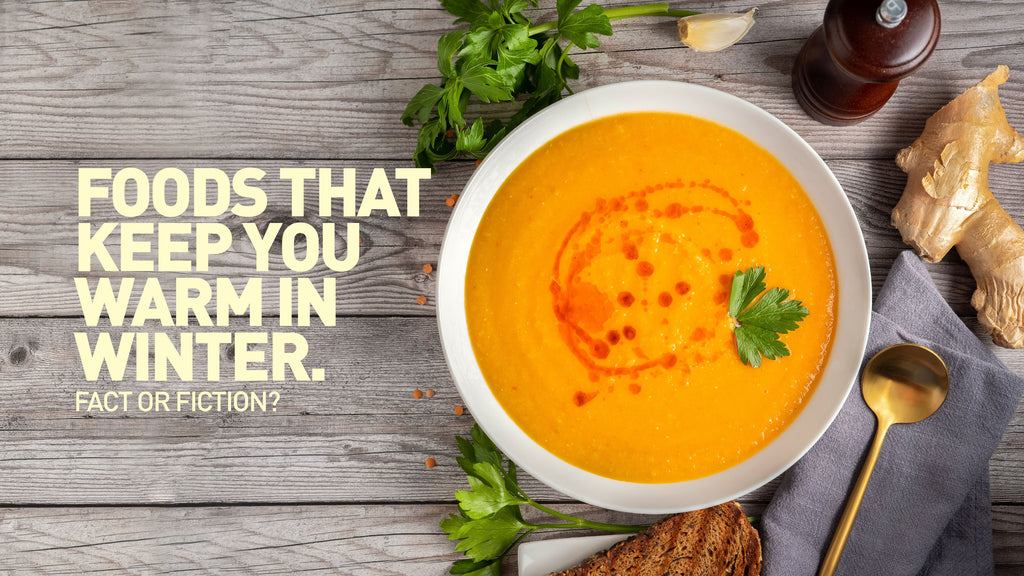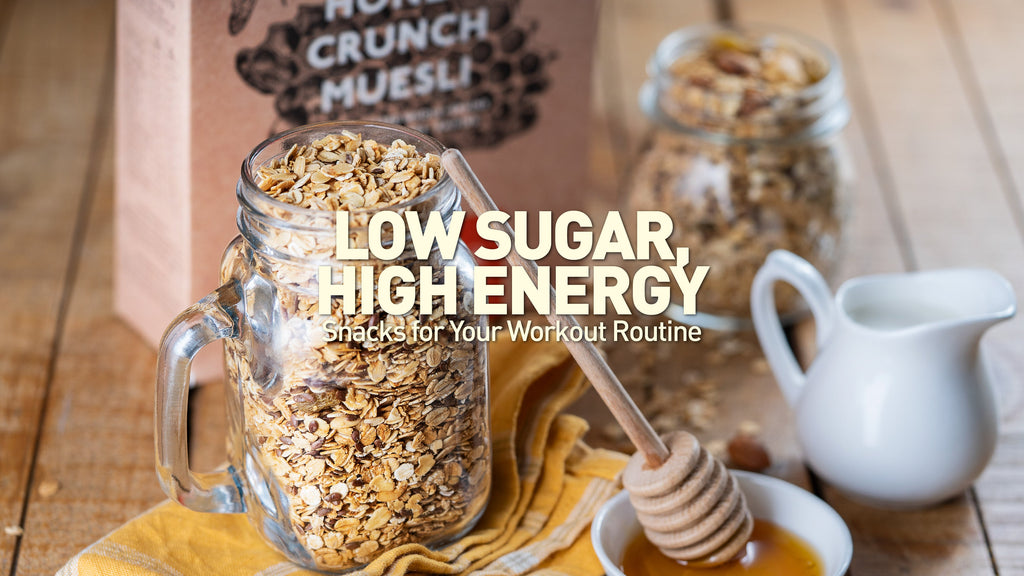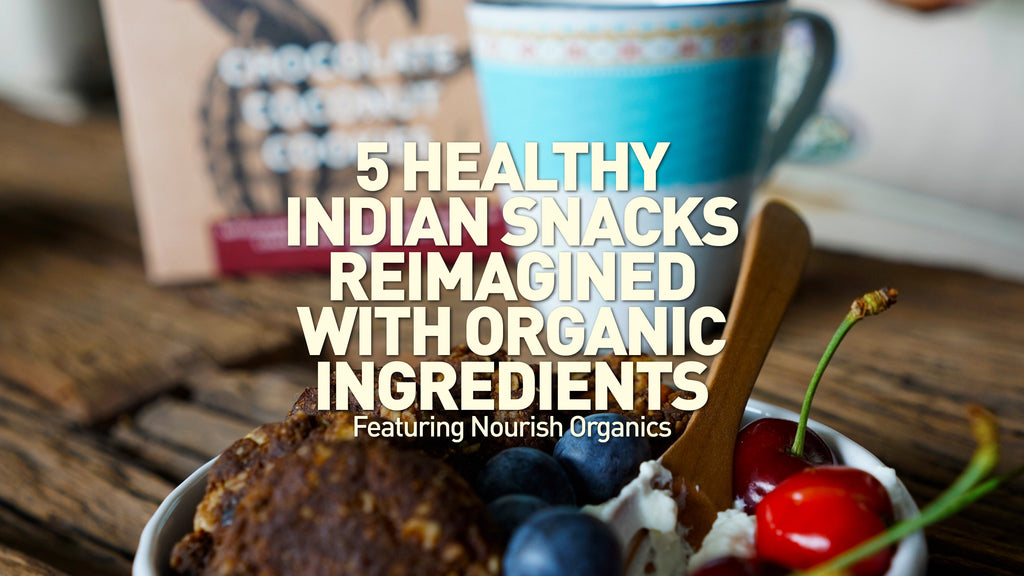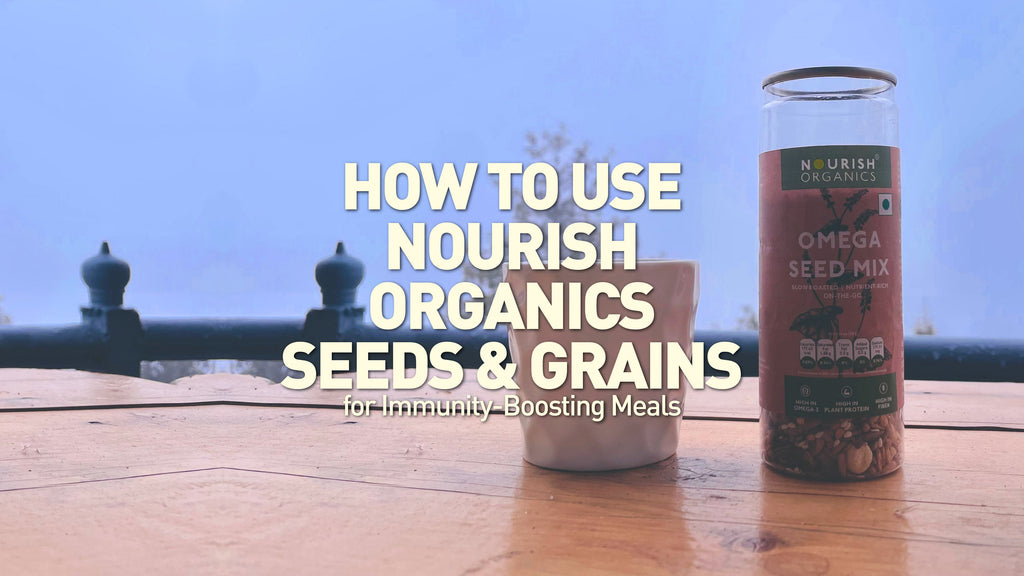
Foods That Keep You Warm in Winter: Fact or Fiction?

The belief that certain foods can help keep you warm in winter is a long-standing tradition. But are these claims fact or fiction? In this blog post, we'll explore the science behind these beliefs and determine which are based on facts and which are myths.
Myth 1: Spicy Foods Raise Body Temperature:
The truth is that spicy foods like chili peppers contain capsaicin, which may momentarily make you feel warmer. However, it doesn't actually raise your core body temperature.
Myth 2: Alcohol Warms You Up:
Alcohol may make you feel warmer initially, but it actually lowers your body's core temperature. It can be dangerous in cold weather as it can impair your body's ability to regulate temperature.
Myth 3: Hot Drinks Warm You Up:
Hot drinks like tea, coffee, and hot chocolate can make you feel warmer because they temporarily increase blood flow to the skin's surface. However, this doesn't significantly impact your core body temperature.
Fact 1: Nutrient-Dense Foods Provide Warmth:
Foods that are nutrient-dense and high in calories can provide warmth by fueling your body. Examples include hearty stews, soups, and oatmeal.
Fact 2: Hydration Is Essential:
Staying well-hydrated is crucial in the winter. Dehydration can make you feel colder, so drink plenty of water and warm herbal teas.
Fact 3: Clothing Matters:
Wearing appropriate clothing, including layers and insulated materials, is more effective at keeping you warm than relying solely on food or drinks.
While some foods and drinks may offer temporary sensations of warmth, it's important to understand that real warmth comes from maintaining proper nutrition, hydration, and using appropriate clothing during the winter months.














